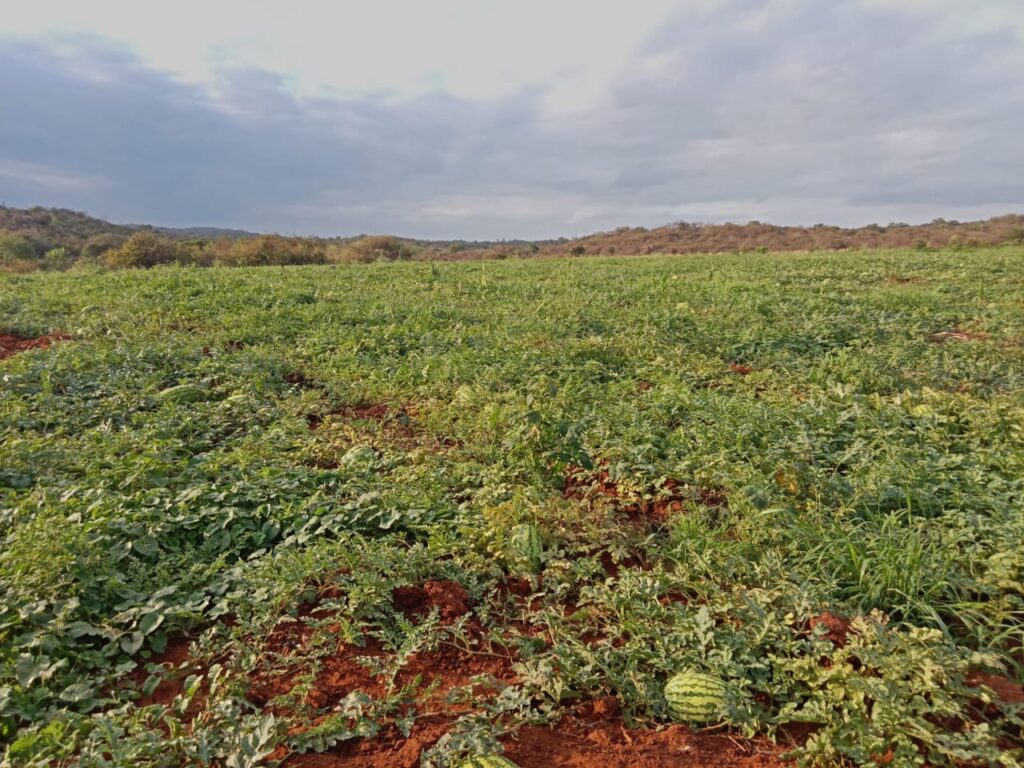The problem

What we are solving
Climate change, degraded soils and constantly rising input prices.
The need for a shift towards sustainable farming practices that can deliver consistent, high yields of quality produce without further degrading the environment is more urgent than ever.
The widespread use of chemical fertilizers is damaging soil health, leading to lower productivity and increased reliance on artificial inputs.
Climate change is causing unpredictable rain patterns and leading to diminishing water resources, forcing farmers to rely on costly irrigation, further straining this vital resource.
The industry’s growing dependence on non-renewable resources such as chemical fertilizers is unsustainable, and poses a significant threat to the future of farming.

Excessive use of chemical fertilizers
Chemical fertilizers can help improve farming yields, but their overuse causes a reduction in the natural biodiversity of the soil, which is essential to maintain it’s fertility and can disturb the PH balance of the soil.
A build up of chemicals leads to soil compaction, which reduces the opportunity for healthy microbial life, cuts off the routes for moisture to reach plants, and leads to erosion. Excessive chemiocal residues invariably leech into nearby waterways.
Climate change
East Africa has suffered acutely from the impact of climate change. As farmers throughout the region are all too aware, this is manifested by interruptions to the established rain patterns, resulting in extremes of drought and flood.



